Imodium for Dogs: Can You Give Dogs Imodium?
Imodium® is a well-known over-the-counter medicine for humans, mostly used to treat diarrhea. Some dog owners might wonder if it’s safe to give this medication to their pets. Yes, Imodium® can be given to dogs, but only under the guidance of a veterinarian.

Dogs can experience digestive issues just like humans. Diarrhea in dogs can be triggered by various reasons, from changes in diet to stress or infections. While Imodium® might help address the symptoms, it’s crucial to understand the cause of the problem.
Consulting with a vet ensures the dog’s health and safety. They can provide the right dosage and assess any potential risks. Not every dog will react the same way, so seeking professional advice is essential.
What Is Imodium®?
Imodium® is primarily used to manage diarrhoea in humans. It helps reduce the frequency and urgency of bowel movements. In certain situations, veterinarians may recommend it for dogs to help with similar symptoms.
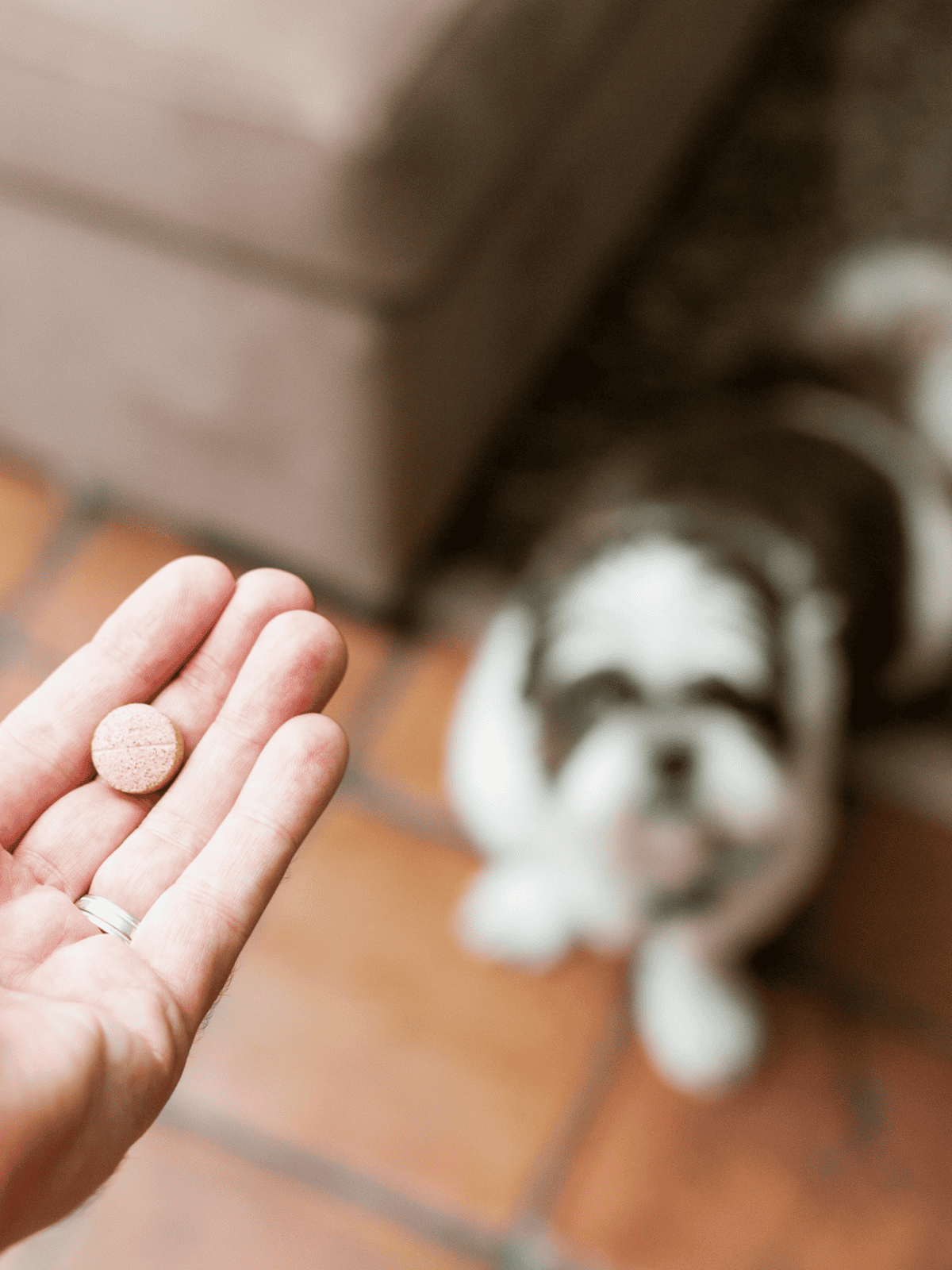
Available in both pill and liquid forms, it’s typically reserved for short-term relief. A key consideration for this medication is Owners should never administer it without veterinary guidance, as it can cause adverse reactions in some dogs, such as those with certain health conditions or sensitivities.
Active Ingredient Profile
The main active ingredient in Imodium® is Loperamide. This component works by slowing down gut movement, allowing more time for water and electrolytes to be absorbed, leading to firmer stools.
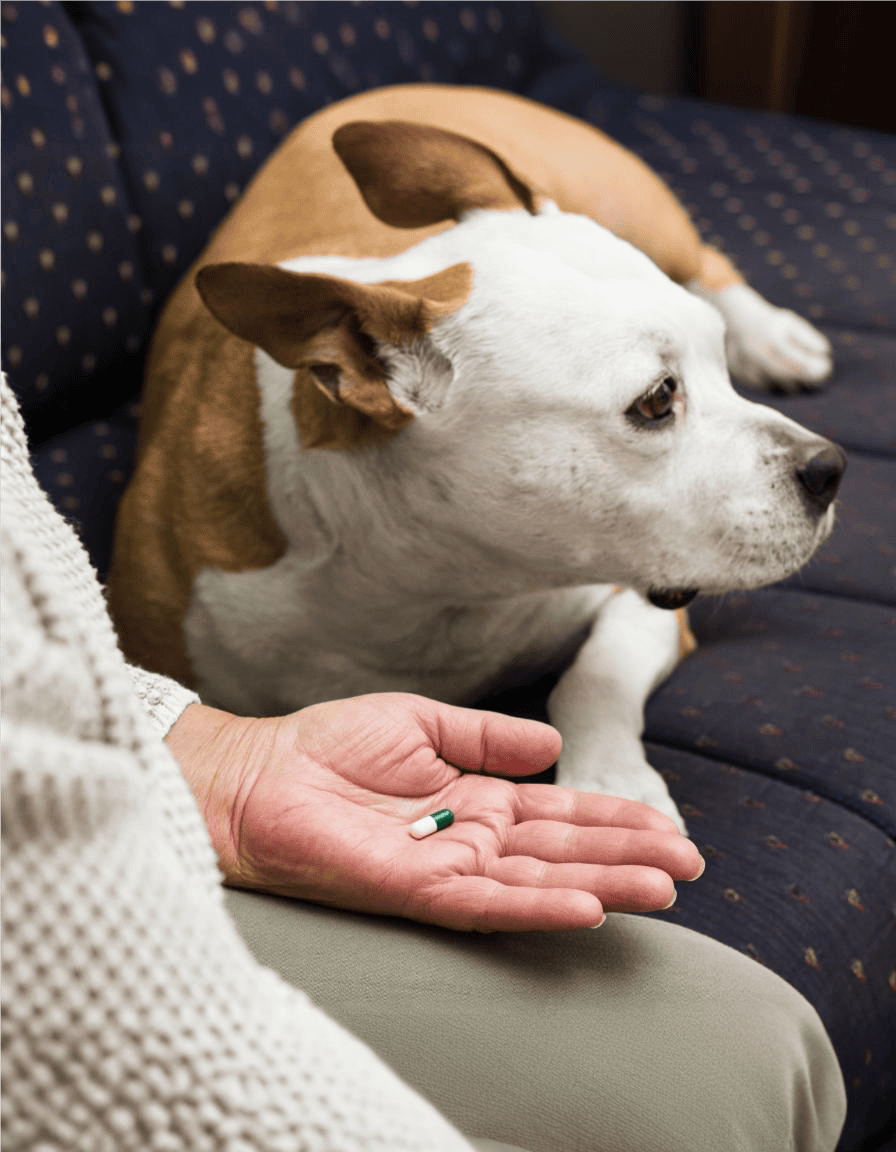
Although effective in humans, Loperamide can have side effects in dogs. Some dogs may be especially sensitive, especially certain breeds, due to a genetic mutation affecting the drug’s metabolism. Always consult a vet before giving Imodium® to ensure it’s safe for the specific dog and to determine the correct dosage.
How Imodium® Functions

Imodium® is effective in managing diarrhea by influencing the smooth muscles of the digestive system. It reduces the natural forward motion that pushes food through the body. This process helps food and liquids to remain longer in the digestive tract, improving the reabsorption of water, electrolytes, and nutrients. As a result, this treatment helps the body retain essential substances more efficiently.
Canine Digestive Health
Dogs can face various digestive issues, with diarrhea being one of the most common problems. It’s crucial to know the signs and causes to ensure their well-being. Addressing these issues can prevent further health complications.
Common Digestive Issues in Dogs
Digestive problems in dogs can vary from mild to severe. Some typical issues include vomiting, diarrhea, constipation, and bloating. Dietary indiscretion, like eating non-food items, often causes these problems.

Food allergies or sensitivity may also lead to digestive troubles. Monitoring a dog’s eating habits and responses to foods can help identify triggers and prevent issues. Proper feeding schedules and quality nutrition are essential for maintaining digestive health.
Understanding Canine Diarrhea
Diarrhea in dogs can be caused by many factors, including stress, infections, and sudden diet changes. It is often a symptom rather than a disease itself. Pet owners should observe if diarrhea is accompanied by other signs like lethargy or vomiting.

Hydration is crucial when a dog has diarrhea, as they lose a lot of fluids. If diarrhea persists beyond a day or comes with severe symptoms, consulting a veterinarian is advised. Depending on the cause, treatment varies and may include dietary changes or medication.
Enjoying this read?
We publish this content for free to generate interest in our Premium members' area. By subscribing, you can ask the writer any questions related to pet care and this article, get access to 100+ Premium Pet Care Guides and go Ad-Free with DogFix Premium for $2.99.
How Much Imodium® Can I Give My Dog?
Imodium® Dosage Guidelines for Dogs
Diarrhea in dogs can happen for different reasons, like changes in diet or stress. It often goes away on its own. Imodium® can sometimes help with diarrhea caused by side effects from chemotherapy drugs. Before it’s given, a veterinarian must ensure there’s no infection causing the problem. If typical veterinary medicines don’t work, Imodium® might be considered.

A vet will decide the Imodium® dosage suitable for the particular dog, looking at the pet’s size and symptoms. Imodium® is available as tablets or as a liquid. Tablets contain 2 mg of loperamide and are suitable for larger dogs. Small dogs are usually better suited for the liquid form, which has a concentration of 1 mg/5 mL (0.2 mg/mL).
| Form | Dosage | Pets |
| Tablet | 2 mg of loperamide | Larger dogs |
| Liquid | 1 mg/5 mL of loperamide | Smaller dogs |
Your vet will give specific instructions on how much and how often to administer the medication. It is important for dog owners to follow these guidelines to ensure the safety and health of their pets.
Dosage Frequency and Duration
Imodium should be given every 8 to 12 hours as needed, typically for no more than two days. If symptoms persist, contact a veterinarian rather than continuing medication.

Prolonged use can lead to side effects such as constipation or sedation. Always observe the dog for any adverse reactions and adjust the treatment plan based on veterinary advice. Keeping a log of dosages and any changes in symptoms can be helpful for ongoing management.
Administration Tips
When giving Imodium® to dogs, it’s key to be careful about dosage and method. Proper administration ensures safety and effectiveness. It’s also important to know what to do if your dog doesn’t want to take the medicine.
How to Administer Imodium® to Your Dog
Start by checking the proper dosage. Always consult a vet for the correct amount based on your dog’s size and health. Imodium® dosage isn’t the same for all dogs.
Administer the medicine with food to make it easier to swallow. You can hide the pill in a treat, like cheese or peanut butter, or use a pill pocket. Ensure your dog eats the entire treat to get the full dose.
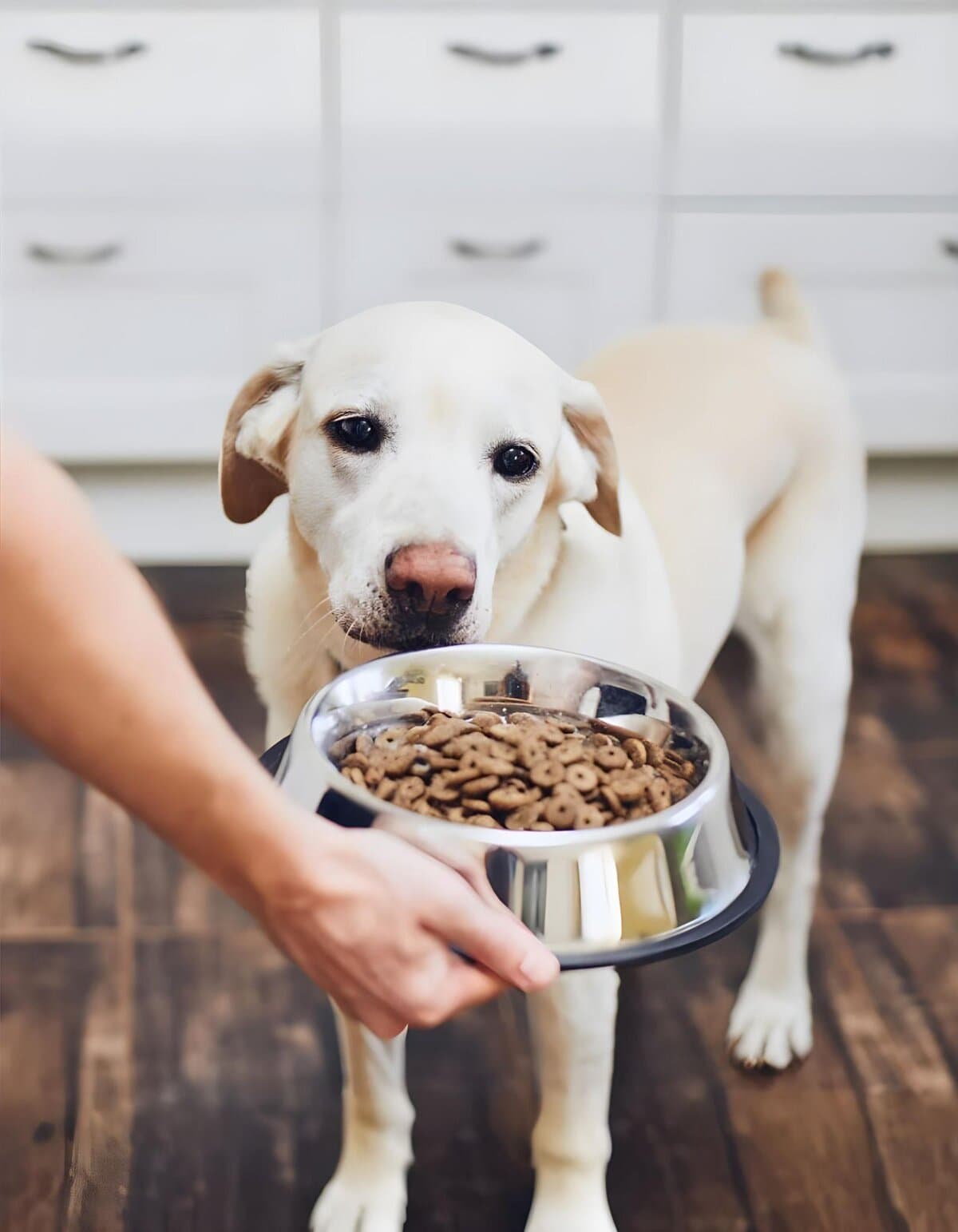
Liquid forms of Imodium® are also available. Use a syringe to squirt the liquid into the back of the dog’s mouth. Be gentle to avoid causing stress or discomfort.
Keep an eye out for any adverse reactions. If you notice anything unusual, contact your vet immediately. Knowing how to give the medicine properly can help improve your dog’s health and comfort during treatment.
What to Do If Your Dog Refuses Medication
If your dog refuses the medication, try different treats to find one your dog likes. Some dogs are picky, so it may take a few tries to find the right food to hide the pill.
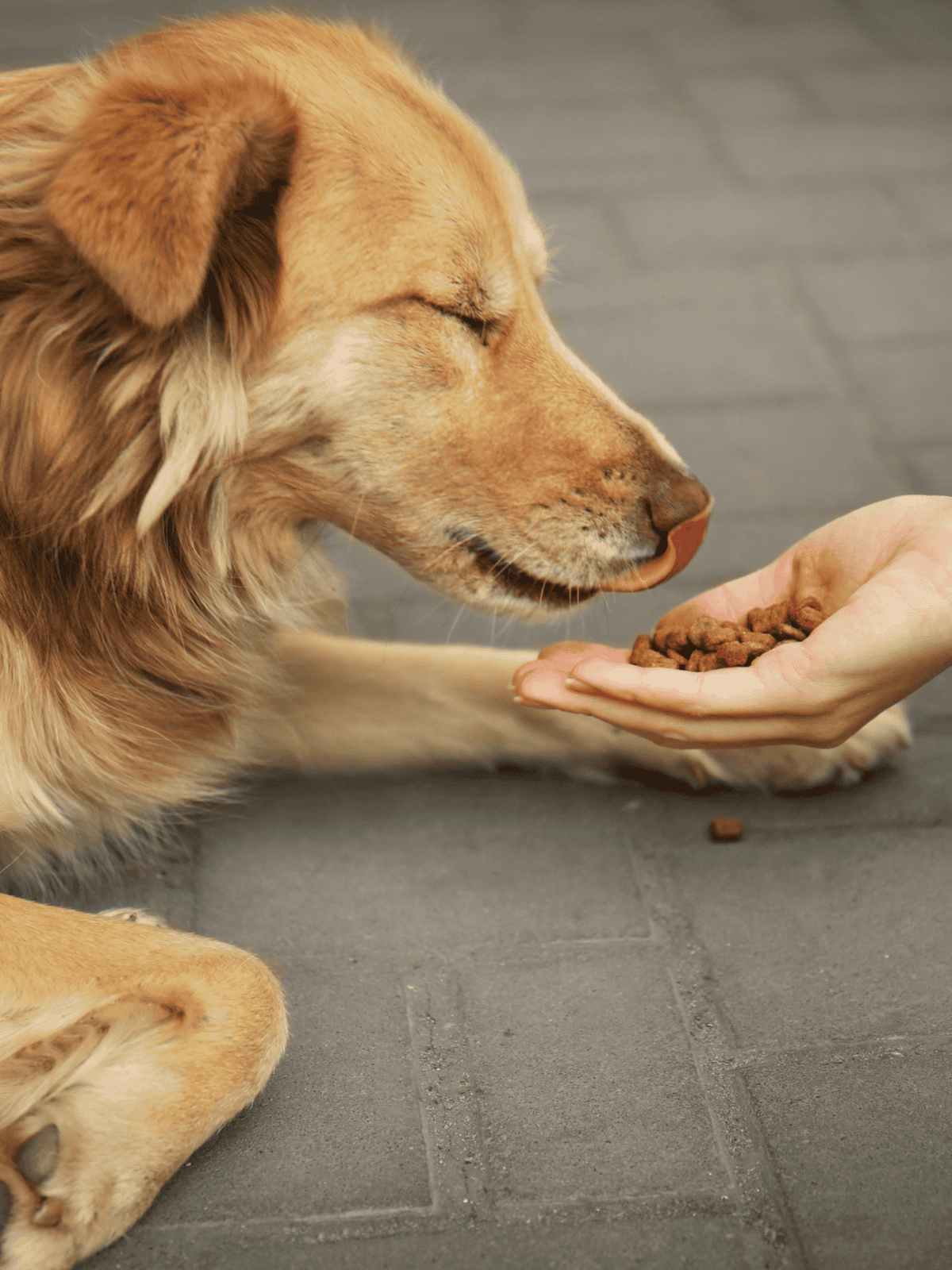
Use positive reinforcement. Praise and reward your dog for taking the medicine, even if it’s just a small amount. This creates a positive association with the medication time.
If your dog continues to refuse, consult your vet. They might suggest alternative methods or even a different medication. Sometimes the form of the medicine, like swapping a pill for a liquid, makes a difference.
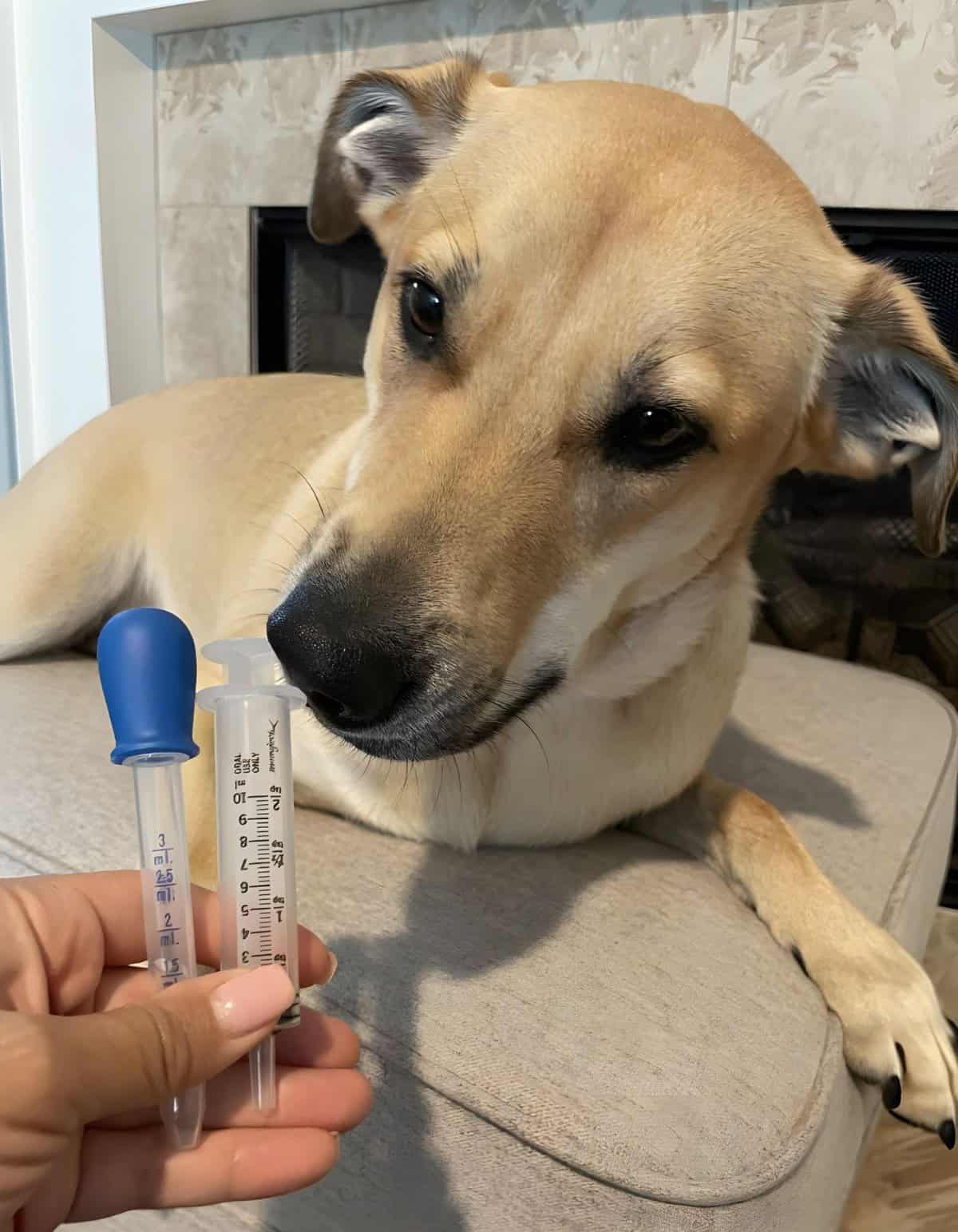
Be patient. It may take time for your dog to adapt to taking medicine regularly. Each dog is unique in how they respond, so stay calm and persistent.
Identifying Side Effects
When giving a dog Imodium, it’s important to notice signs that show if the dog is getting better or worse. Positive signs might show that the treatment is working. On the other hand, negative reactions may mean that Imodium isn’t right for the pet.
Recognizing Positive Responses
If a dog shows positive responses after taking Imodium, it’s usually a good sign. Less frequent diarrhea is one major indicator. If a dog goes from frequent bathroom breaks to a more regular schedule, this suggests an improvement.

Increased energy levels are another positive sign to watch for. Dogs feeling better often engage more in activities they love, like playing or going for walks.
Normal appetite returning is also encouraging. If a dog starts to eat regular meals again without hesitation, this could mean that their stomach is settling back to normal. All these signs indicate that Imodium might be helping the dog’s condition.
Identifying Adverse Reactions
Dogs may exhibit adverse reactions to Imodium, which should be promptly recognized. Persistent diarrhea may indicate that the medication is ineffective and requires close monitoring. Vomiting or constipation can also occur as side effects and may warrant veterinary attention if they persist or worsen.

Behavioral changes, such as lethargy or unusual restlessness, are concerning and should not be ignored. If a dog appears unwell or behaves abnormally, it may signal an underlying issue. Additionally, uneven breathing or difficulty walking are serious symptoms that demand immediate veterinary care. Monitoring for these signs is essential to ensure the dog’s safety while using Imodium.
Is Imodium® Safe for Dogs?
Imodium® can be given to dogs safely, but it must be done with great care and under the guidance of a veterinarian. Special caution should be taken with dogs that have the MDR1 gene mutation, which is found in breeds like Collies, Shelties, and Australian Shepherds. Dogs with this mutation may struggle to process certain drugs, and Imodium® could reach harmful levels in their bodies.
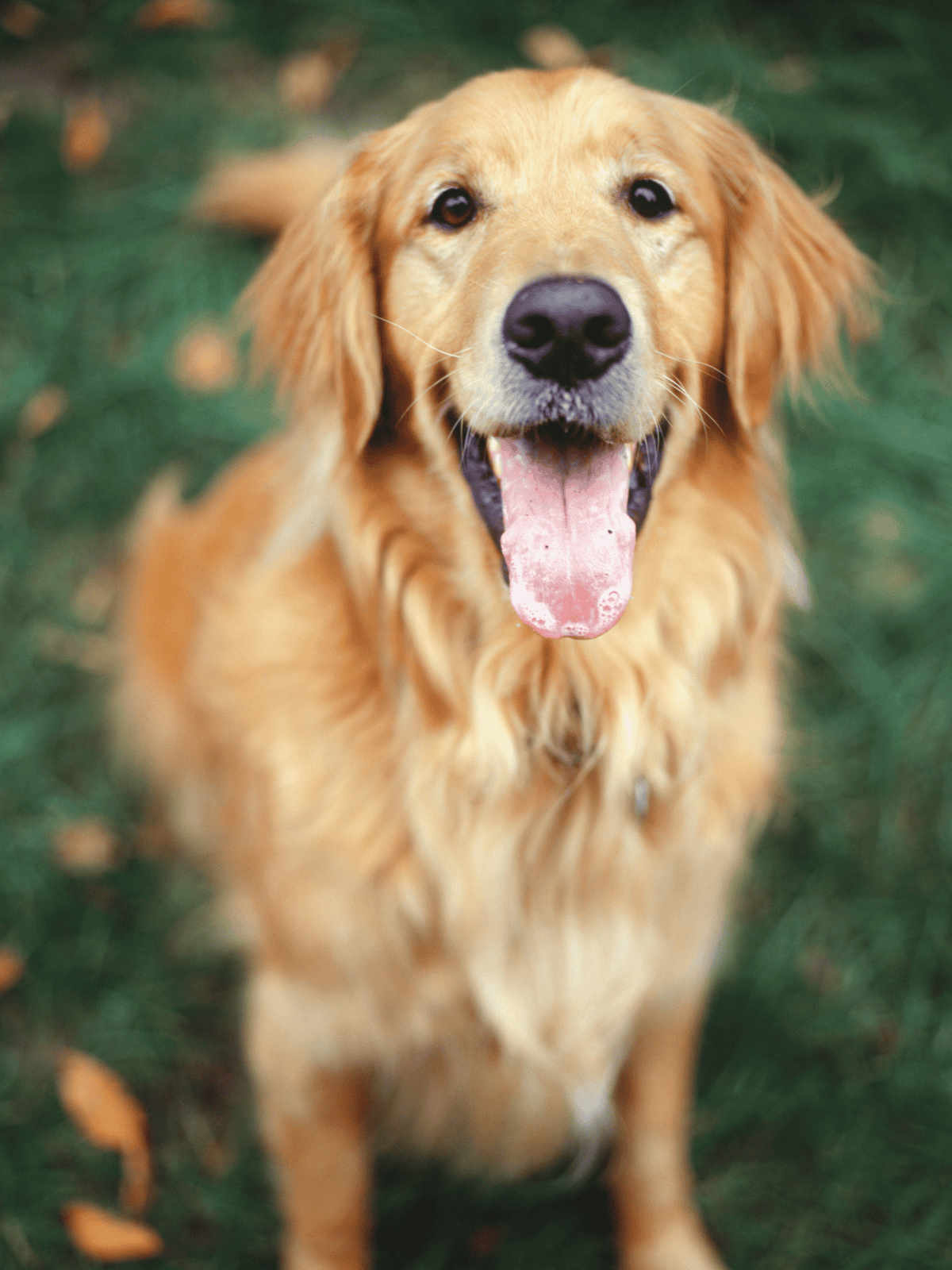
For dogs with health issues such as hypothyroidism, Addison’s disease, respiratory problems, or brain injuries, Imodium® should be used carefully because they might experience more side effects. Common side effects could include constipation, bloating, and tiredness, while more serious effects may involve vomiting, drooling, or weight loss.
Medications Suitable for Dogs with Diarrhea
Diarrhea in dogs can often be managed at home, but it’s essential to talk to a veterinarian first. They might suggest a few things if the situation is not severe and your dog is still active and eating.
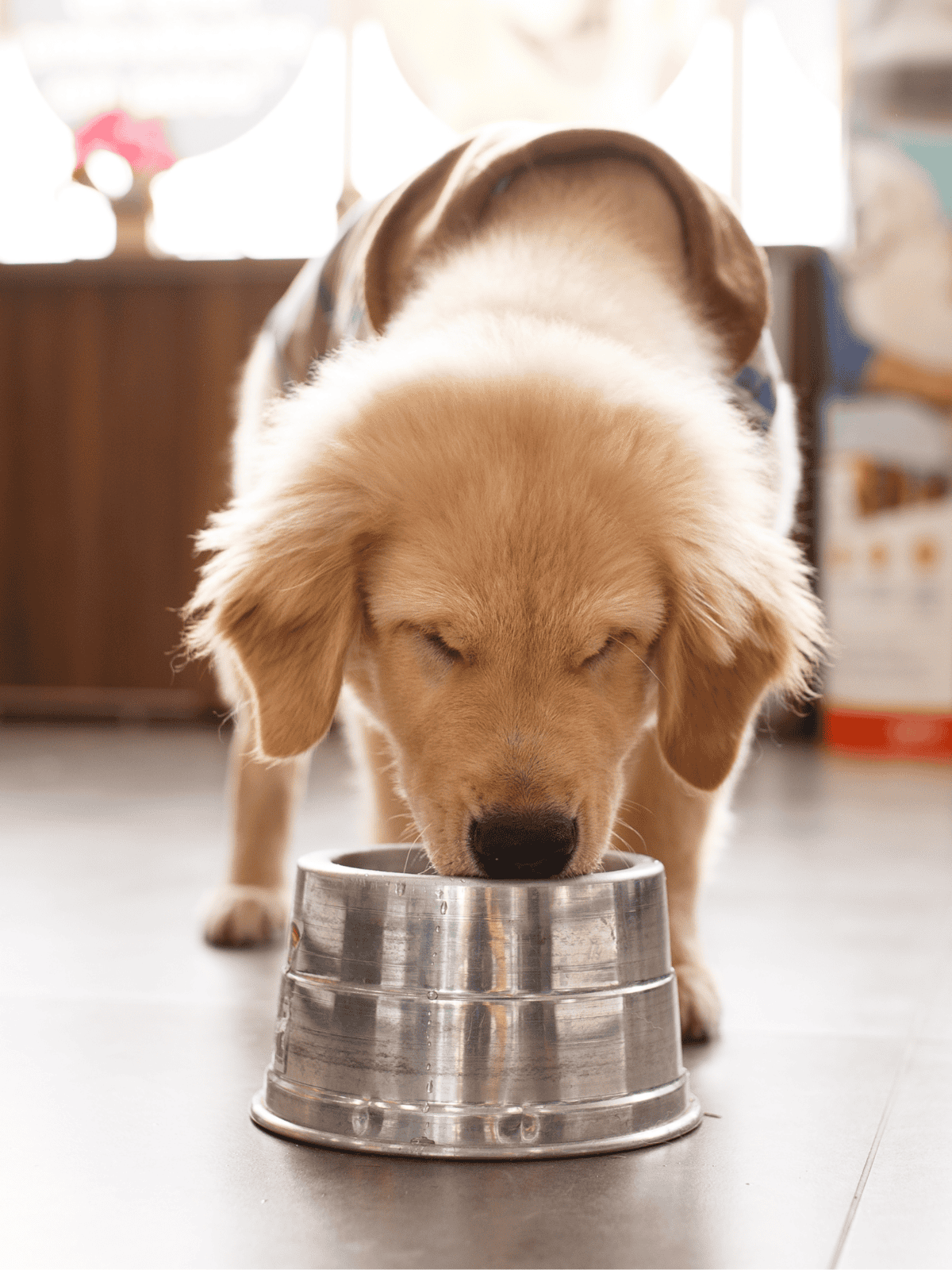
First, ensure the dog stays hydrated by providing fresh water regularly. Additionally, feeding a bland diet composed of boiled chicken or lean hamburger with rice could be beneficial. This meal is easy to digest and can be made even more effective by adding a small amount of canned pumpkin, which helps because it’s low in fat.
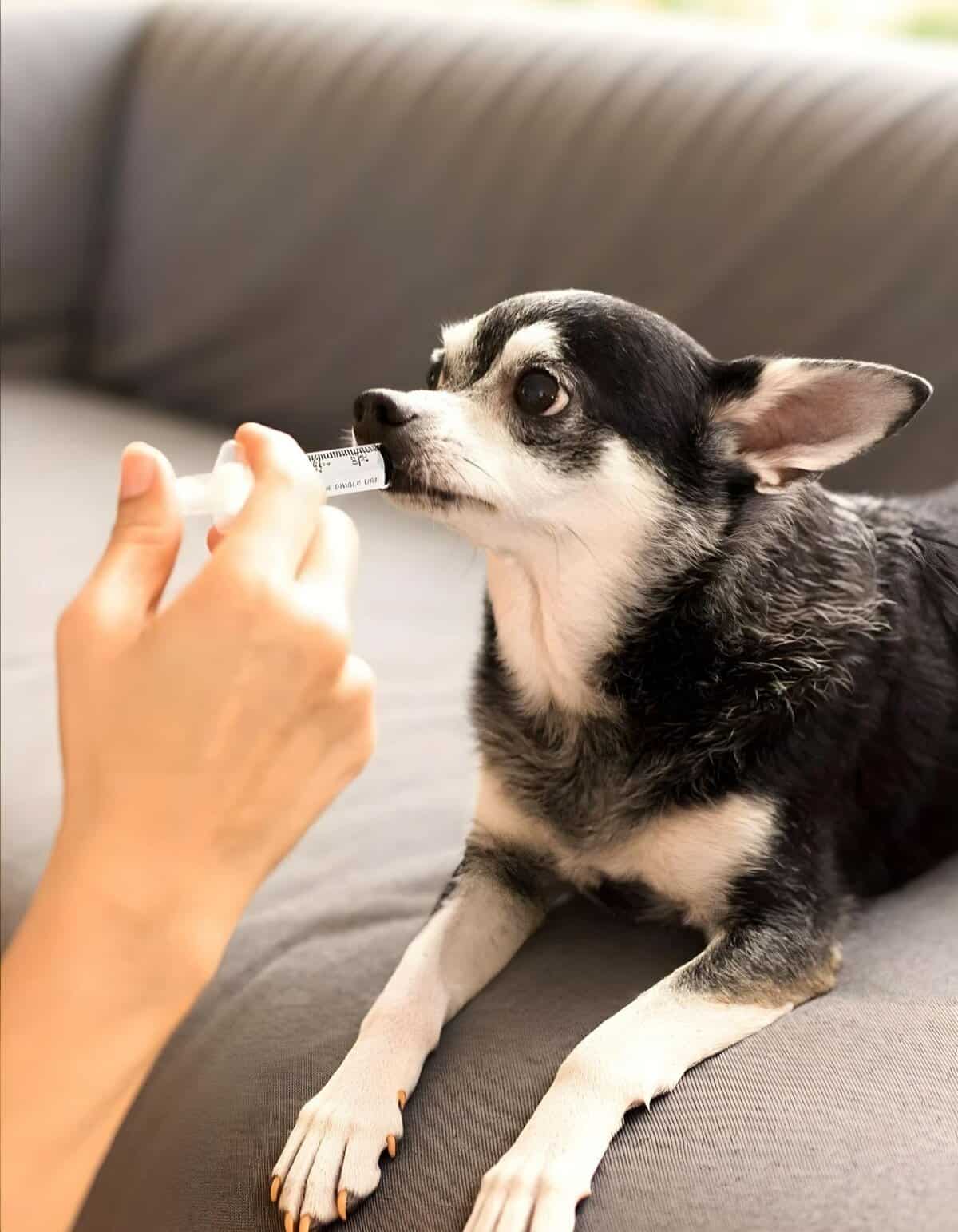
Kaolin and pectin-based anti-diarrheal medicines can also be administered to dogs. They help by creating a protective layer over the digestive tract and reducing the loss of water through diarrhea. When diarrhea persists for more than two days or if other symptoms appear, it’s crucial to have a vet involved immediately. This is because some cases require prescription medications. These could include:
Anti-nausea medications
Anti-nausea medications can be given to settle the stomach and treat vomiting in dogs. The usual medication is maropitant citrate, which can be given orally or injected under the skin. It is usually given to treat nausea and vomiting associated with chemotherapy.
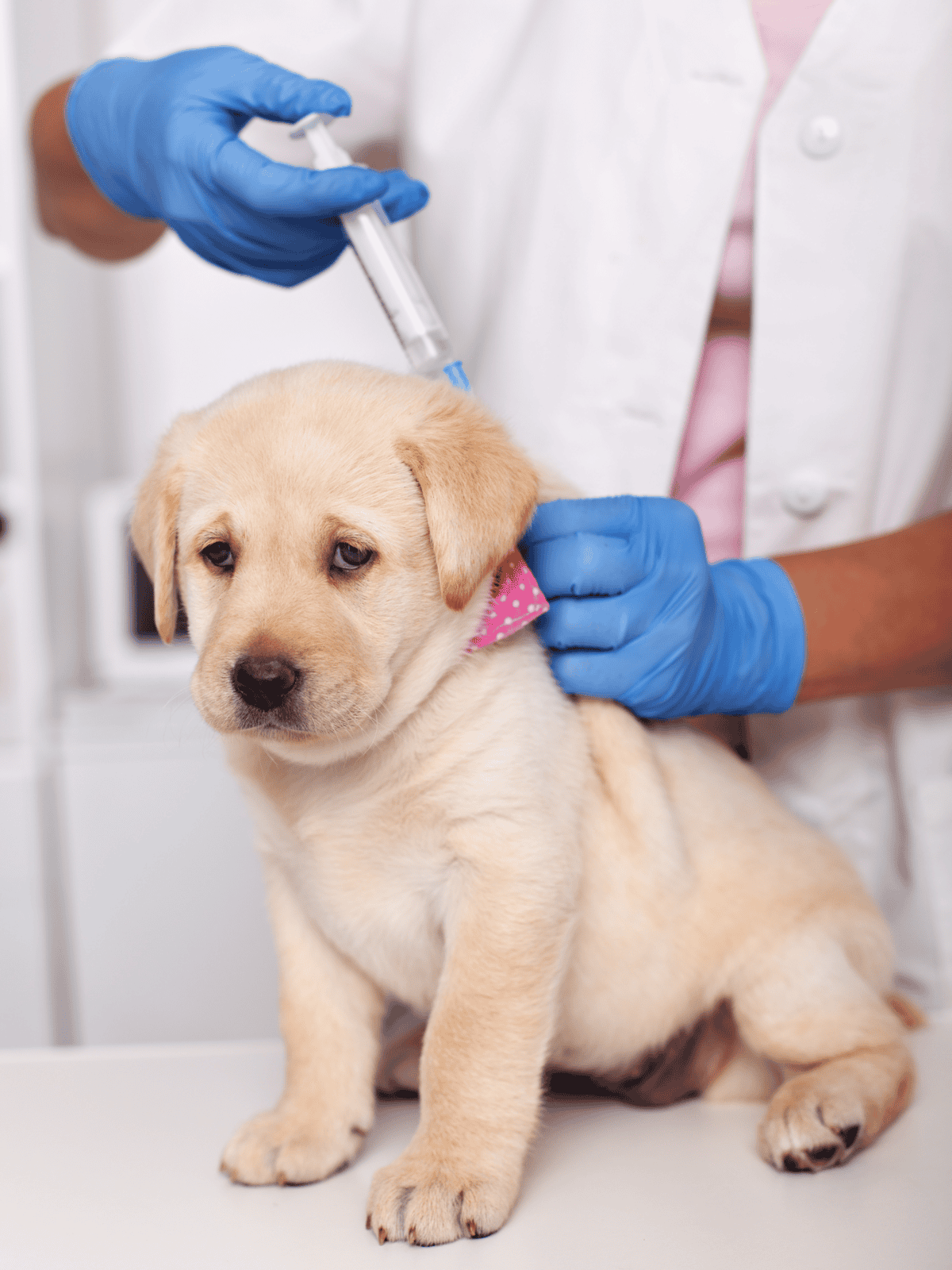
This can also be given for motion sickness, medicine should be given to your dog at least 3 hours before traveling. Be aware of any side effects such as diarrhea or allergic reactions.
Dewormers
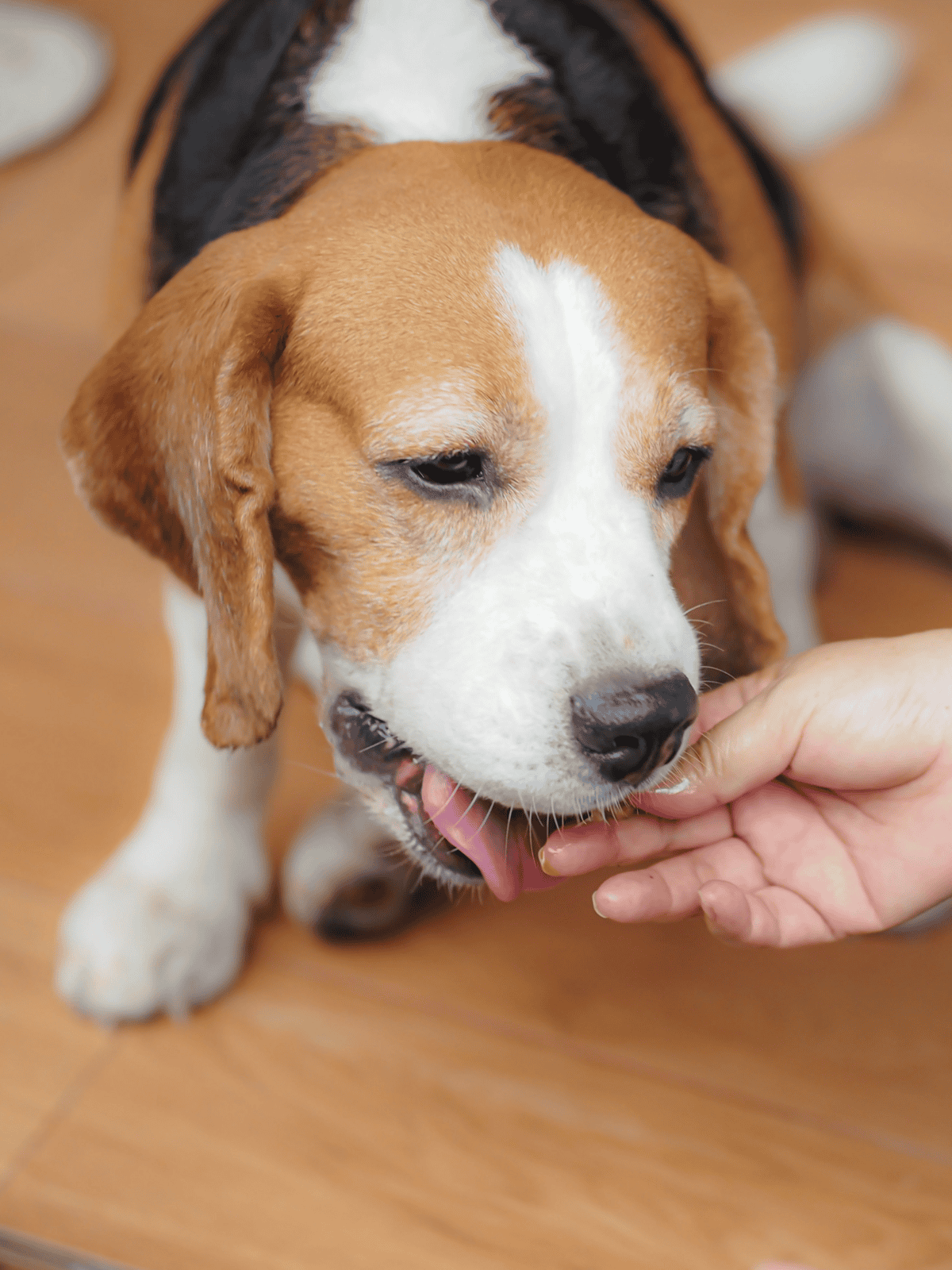
If parasites are the cause, dewormers are given. Your veterinarian will determine this upon your checkup in the clinic. Intestinal parasites are a usual cause of diarrhea, which can be observed accompanied by other symptoms such as an enlarged abdomen.
Probiotics
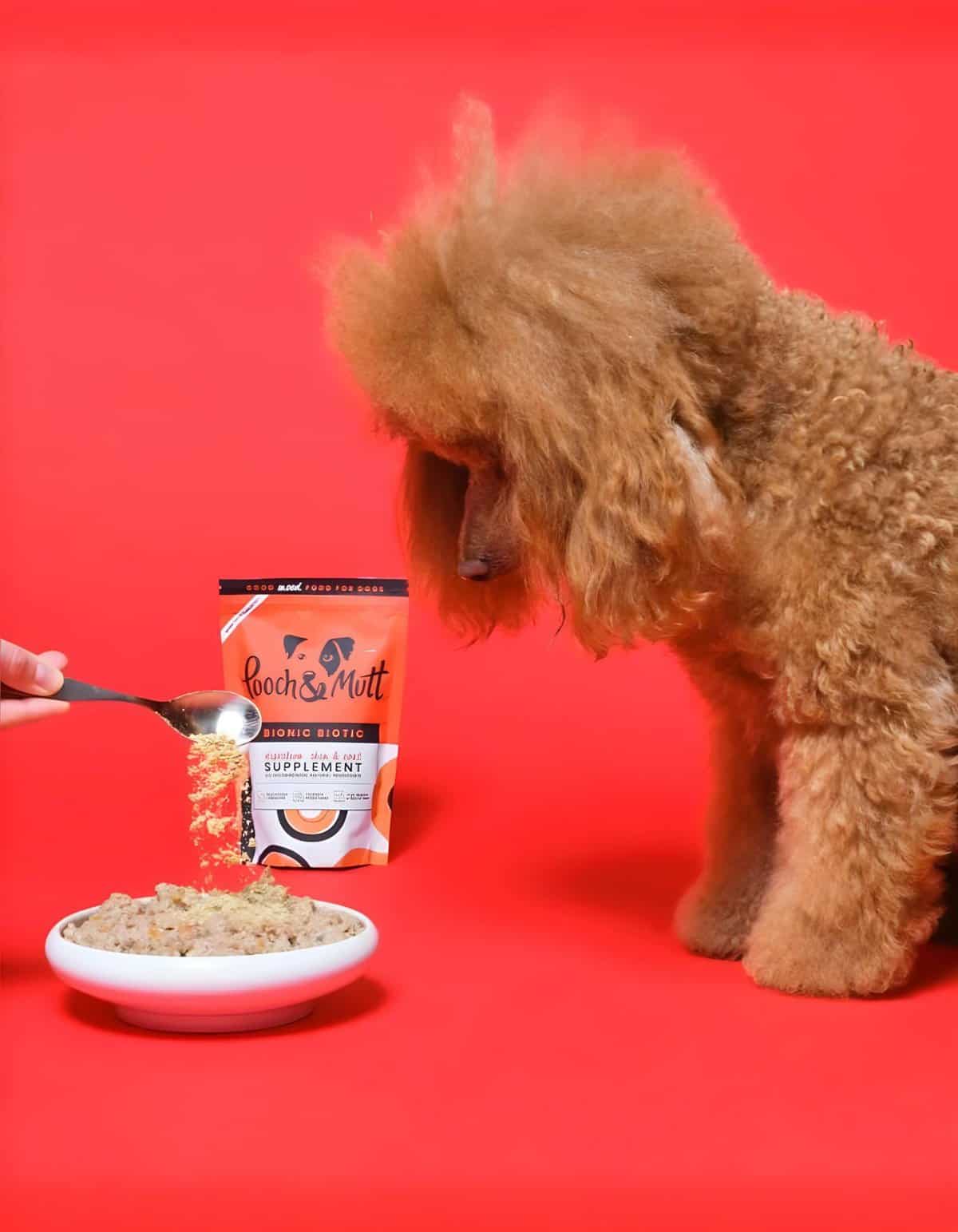
Probiotics could be useful as well. They help balance the healthy bacteria in a dog’s intestines, which might be disrupted by diarrhea. This is a supplement that can be added to your dog’s diet to improve their gut health
Antibiotics
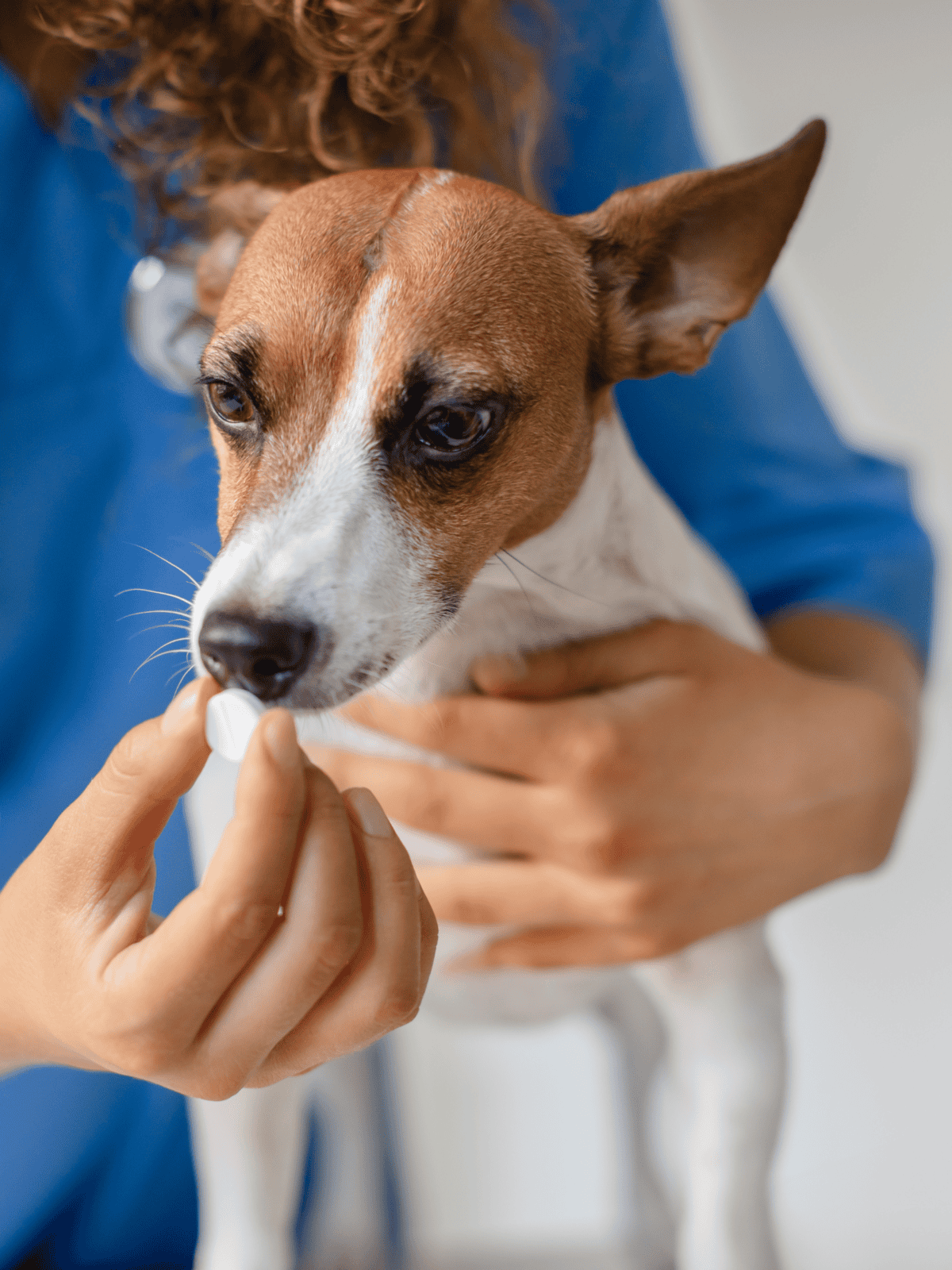
Antibiotics can only be given if there are bacterial infections. Bacterial infections are a usual cause of diarrhea in dogs and should be properly diagnosed first before proceeding with this treatment. Consult first with a veterinarian before administering antibiotics.
Acid blockers
Acid blockers relieve stomach acid discomfort. Medications such as omeprazole can be given in cases of stomach inflammation, ulcers, and bacterial infections. In cases of ulcers, it can take up to 24-48 hours for the medicine to take effect.
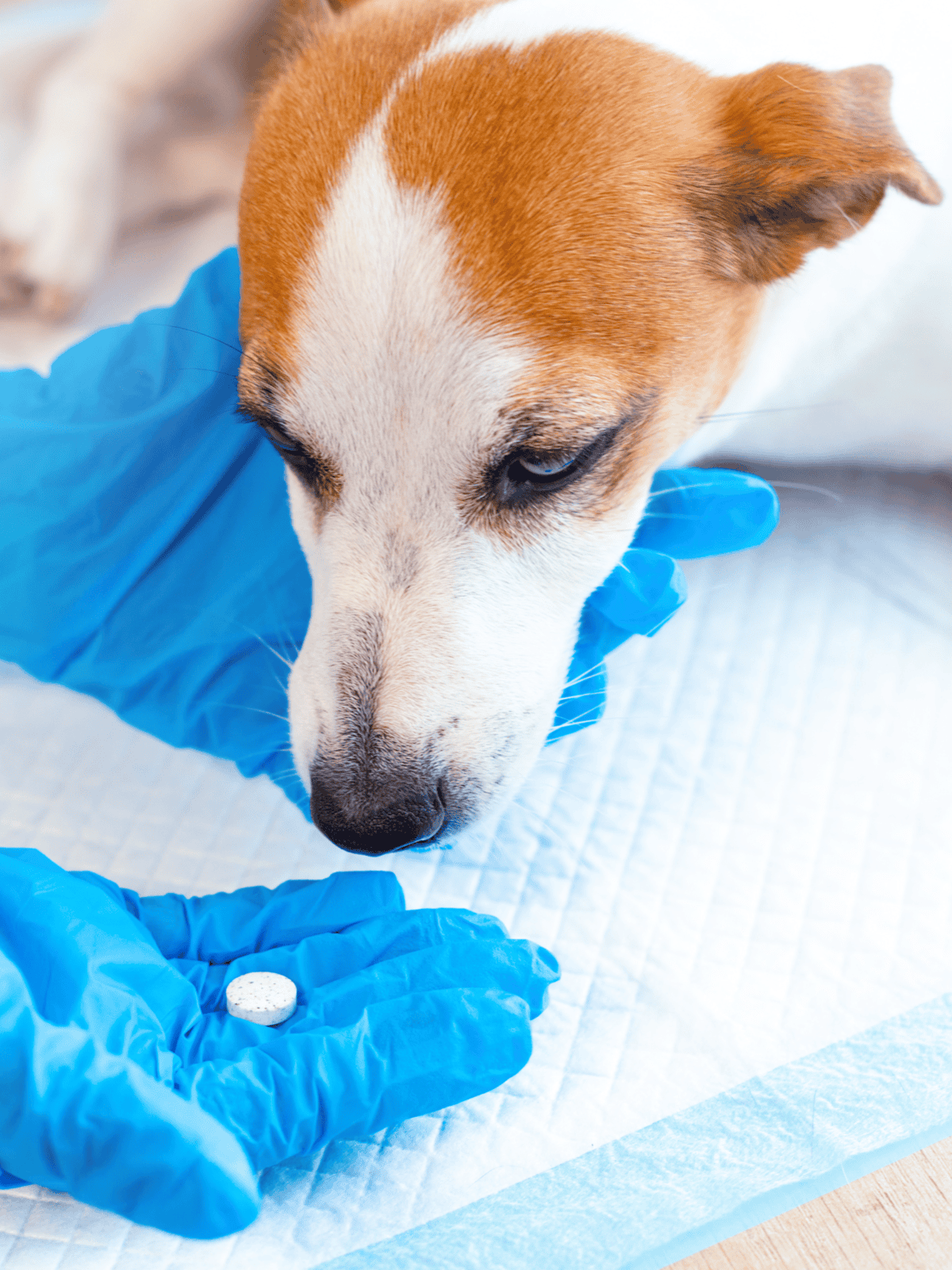
Every dog is different. The appropriate treatment plan will depend on the specific cause and symptoms. A veterinarian’s guidance ensures that their health is managed appropriately.
Preventative Measures
Keeping a dog’s digestive system healthy and ensuring regular check-ups at the vet can reduce the need for medications like Imodium. Paying attention to these areas helps prevent digestive problems before they start.
Maintaining Canine Digestive Health
A well-balanced diet is crucial. Dogs need high-quality food with the right mix of proteins, fats, and carbohydrates. Adding a small amount of fiber can aid digestion and keep stools regular. Fresh water should always be available to help with digestion.
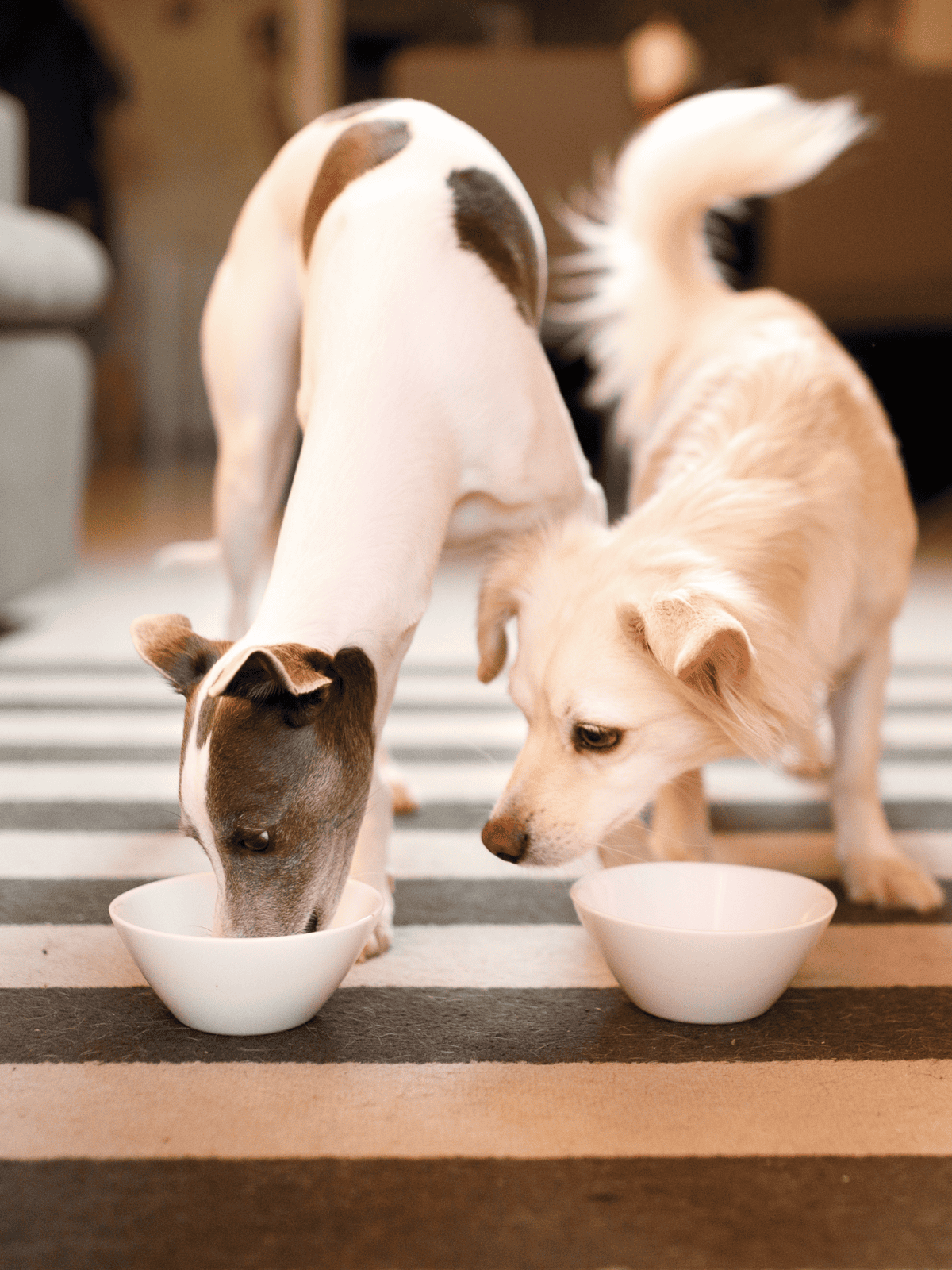
Exercise plays a role too. Regular physical activity improves gut health by moving food along the digestive tract. A routine that includes daily walks or playtime helps in keeping a dog’s metabolism steady.
Stress impacts digestion as well. When stressed, dogs can experience upset stomachs, so maintaining a calm, stable environment is beneficial. Routine feeding schedules help in this regard.
Proactive Care and Regular Check-Ups
Regular vet visits are essential. During check-ups, veterinarians can spot potential issues early. Vaccinations and parasite control protect against infections that can cause digestive problems. It’s important to follow the vet’s advice on vaccine schedules.
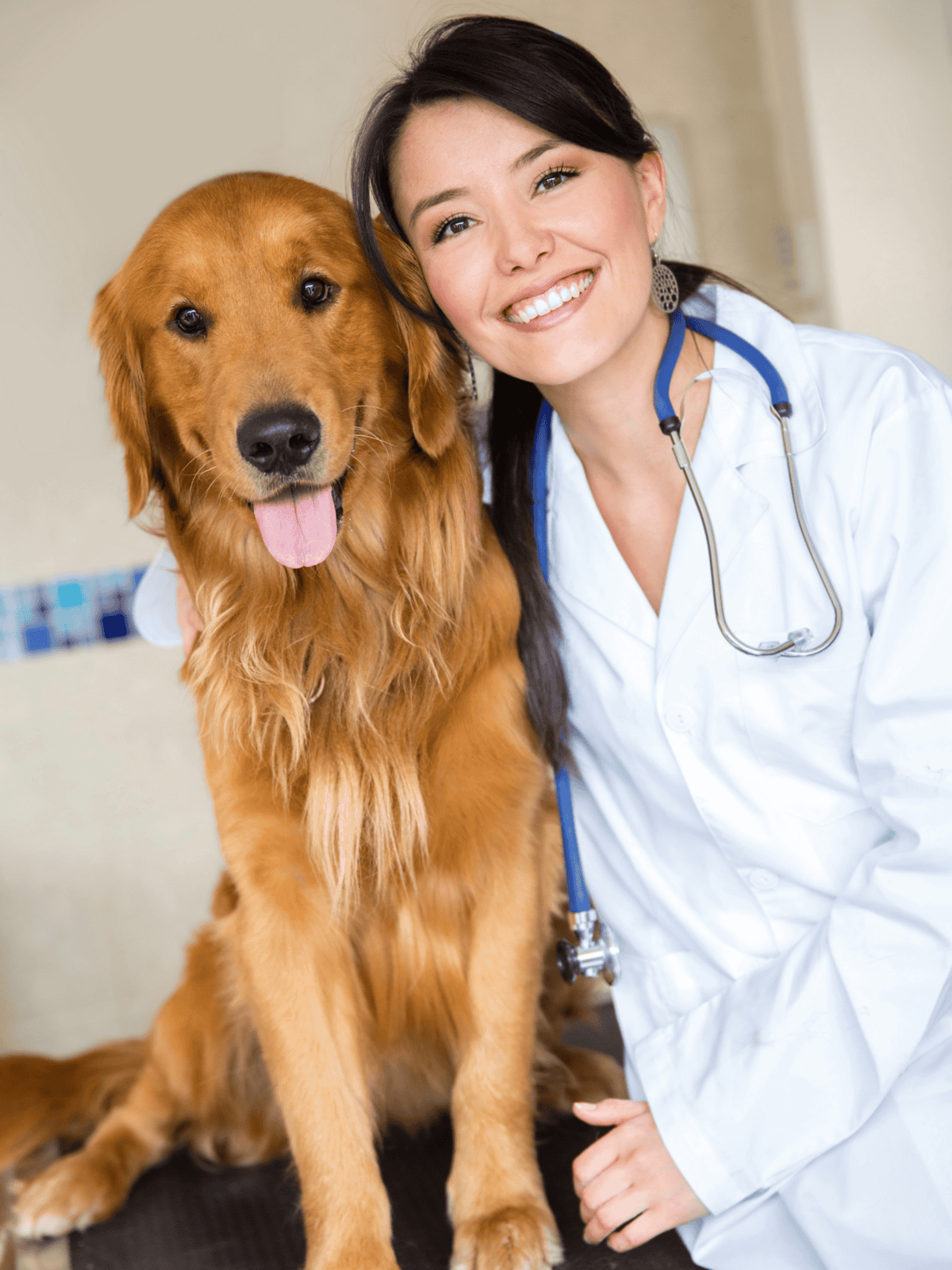
Owners should monitor their dogs for any signs of digestive distress, such as vomiting or diarrhea. Early intervention can prevent serious issues. Keeping track of these symptoms and discussing them with the vet provides valuable insights.
Grooming contributes as well. Keeping a dog clean, especially around its rear end, can prevent infections or irritations. Providing proper dental care also keeps bacteria in check, supporting overall health.
